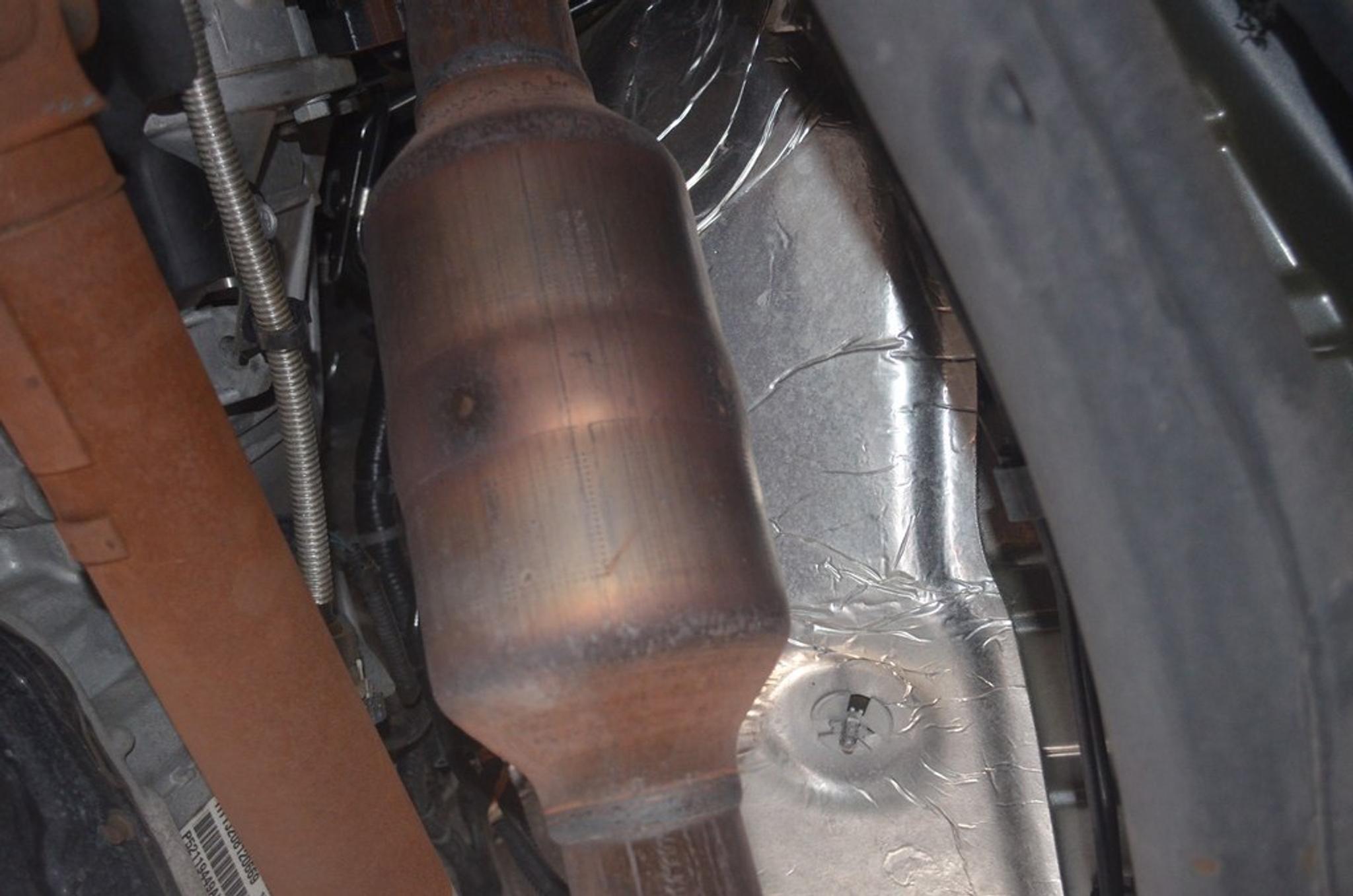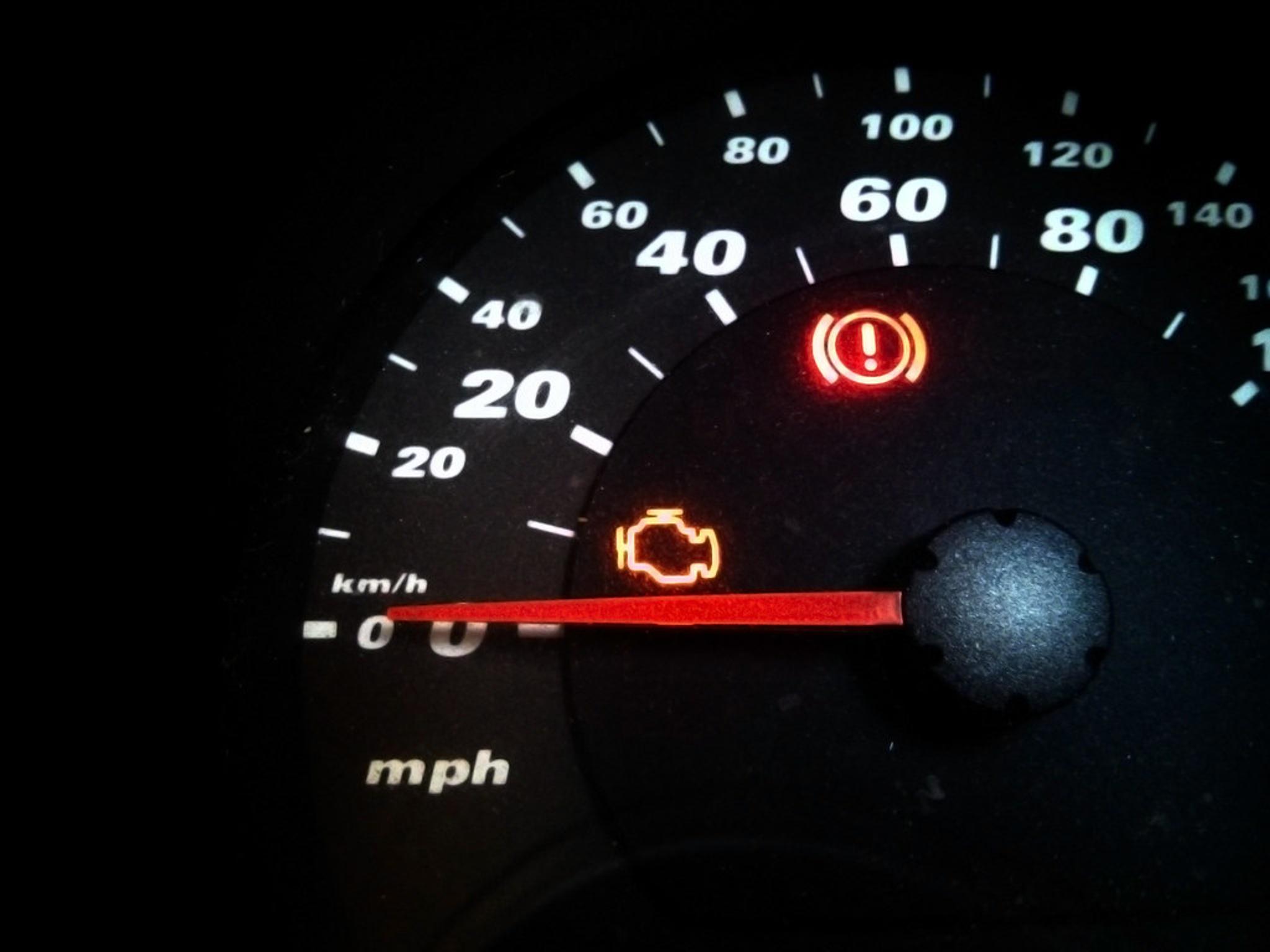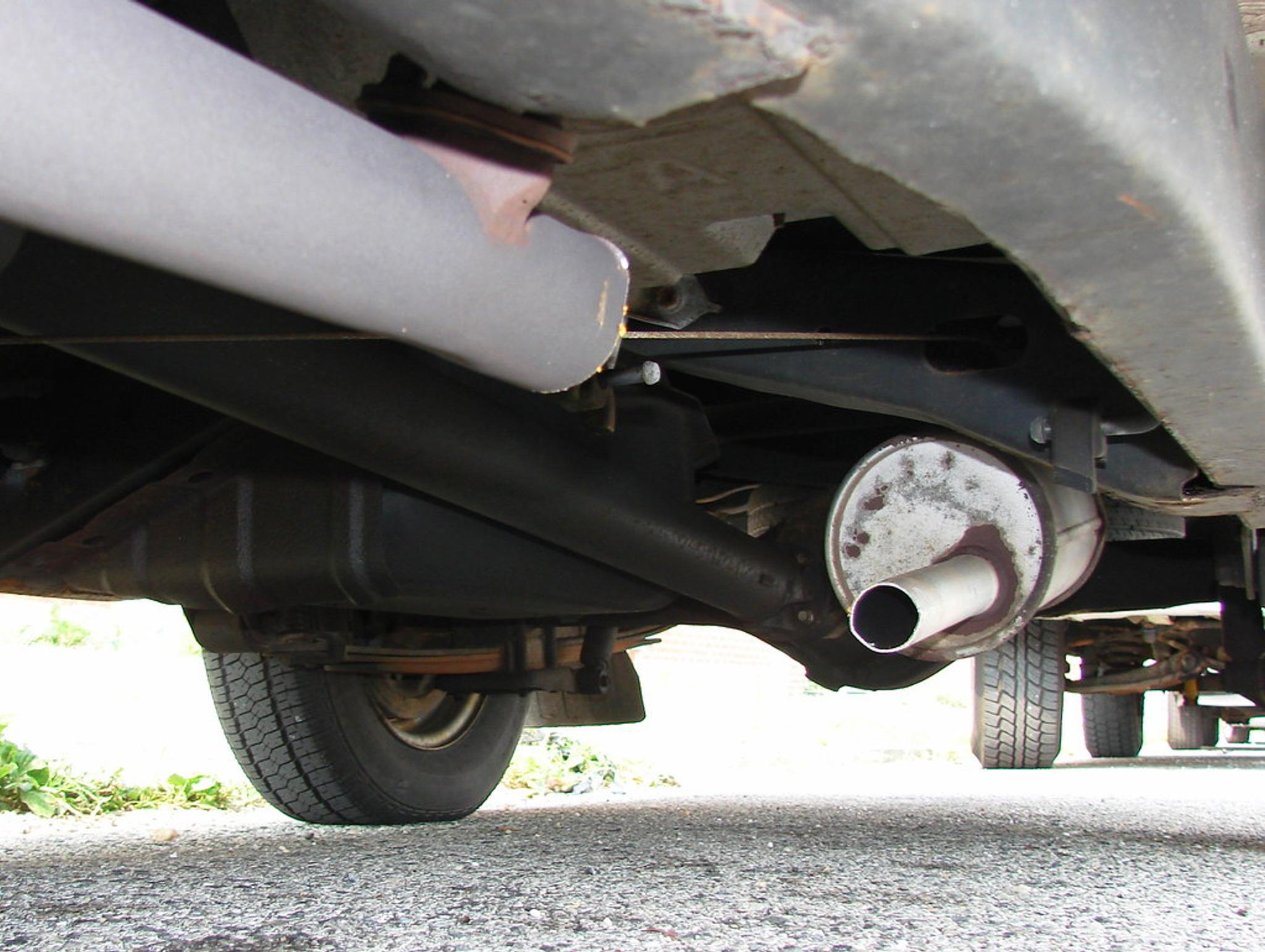How to tell if a catalytic converter is missing

Evaldas Zabitis

Catalytic converters play an important part in environmental protection, as they filter out harmful pollutants and toxic gases produced by your vehicle. However, since they’re made of valuable metals, thieves are having a field day, with catalytic converter thefts soaring up by nearly 2,200% since 2020.
Imagine waking up in the morning just to find out that your car is missing a vital part!
In this post, you’ll learn why catalytic converters are so important and how to tell if it’s missing from your vehicle.

Used cars have dark secrets
Reveal them all! Just enter a VIN code and click the button:
What is a catalytic converter?
A catalytic converter is a critical component of every modern vehicle's exhaust system that reduces harmful emissions generated during the combustion process. It’s usually composed of precious metals such as platinum, palladium, and rhodium, using chemical reactions to convert toxic gasses into less harmful substances before they are released into the atmosphere.

Catalytic converters clog up over time, reducing power and creating other efficiency issues. To ensure better longevity, modern cars have a regeneration feature that occasionally shifts to a lower gear and heats up the converter to a point where most of the residues inside burn up, ensuring it remains clean for longer.
Most cars have 1 catalytic converter, but, depending on the size and layout of the engine, there can be 2 or even more of them, each trapping separate particulates from exhaust gasses.
Symptoms of a missing catalytic converter
Let’s say you get up early for work, get inside your car, and start up the engine. If your catalytic converter has been stolen, you’ll immediately notice some significant signs. Here are some of the most common ones.
Loud exhaust noise
The most obvious sign of a missing catalytic converter is a very loud exhaust noise that’ll probably shock you at first. Here’s what a missing catalytic converter sounds like.
When your vehicle’s catalytic converter is missing, the engine is no longer connected to the exhaust system, which includes mufflers that reduce the noise emitted by an engine. A vehicle can function without an exhaust, but there are other problems and the noise is unbearable.
So, if you notice that your car is exceptionally loud in the morning, a part of your exhaust system may have been stolen.
Unusual exhaust smells
Since the exhaust is no longer connected to the engine, exhaust fumes are emitted near the front of the engine. In that case, exhaust fumes may be getting inside the car.
A car’s air conditioning system takes air from the front area of the vehicle to ensure clean air, but when there’s no exhaust, toxic fumes may be getting into the air conditioning system and through various gaps into the interior.
Check engine light

Modern cars have oxygen sensors installed before and after the catalytic converter to measure its efficiency and adjust the fuel mixture. Once the catalytic converter is out, your car’s engine control unit should identify that the measures are out of limits and activate a check engine light. Moreover, thieves also often take the oxygen sensors, activating even more faults.
While there are many reasons for this light to appear, if it happens after you notice a loud exhaust noise and feel the smell of exhaust fumes – it’s probably because your catalytic converter has been stolen.
Poor efficiency
Since a car’s readings from oxygen sensors are incorrect after the catalytic converter is out, the engine control unit won’t be able to set the optimal fuel mixture, leading to excessive fuel consumption and lack of power. Not only would the car be loud and smelly without a catalytic converter, but it may also feel slower and use significantly more fuel.
What does a missing catalytic converter look like?
The signs of a missing catalytic converter are hard to miss. However, checking it is still essential because a damaged exhaust can also cause all the problems mentioned.
Usually, catalytic converters are beaded, honeycomb-shaped, cylindrical, or oblong. They should be near the front of the car, with oxygen sensors before and after it.

Check under the vehicle
If you suspect that your catalytic converter is stolen, inspect the exhaust system under the vehicle. You may have a hard time doing this if the car sits low – in that case, use a jack.
Thieves cut the catalytic converter out and leave the space empty, so if you find out that a section of the exhaust system is missing, prepare to invest in a new catalytic converter.
Take the car for a professional inspection
If you aren’t sure whether the catalytic converter is missing or something else might have happened, call your mechanic or take the car for inspection to check what’s wrong. After the inspection, a mechanic will be able to tell how severe the problem is, how much the replacement would cost, and how fast they could get your car back on the road.
What to do if your catalytic converter is missing
The first thing you should do after finding out that your catalytic converter has been stolen is contact the authorities.
Many people face reality too quickly and begin looking for a replacement. However, thieves often steal multiple catalytic converters throughout the night, therefore, the police may be able to identify suspects easier after learning about their route.
In that case, police may ask you to leave the car as it is, meaning they want to look for evidence. However, if they allow you to use the car, you can install a new catalytic converter right away.
Options for purchasing and installing a replacement
The reason thieves target catalytic converters so often is their high price. The cost of a brand new catalytic converter can range from $300 to $2,500, depending on the vehicle.
However, many drivers don’t go for the original catalytic converter after theft and choose aftermarket replacements that are way cheaper. They are less efficient and don’t last as long as OEM parts, so make sure they meet your state's or region's requirements as well as vehicle compatibility.

Check your VIN
Avoid costly problems by checking a vehicle's history. Get a report instantly!
Frequently asked questions

Article by
Evaldas Zabitis
Evaldas has been writing since middle school and has had a passion for cars for as long as he can remember. Right after getting his driver’s license, he spent all of his savings on shoddy cars so he could spend time fixing, driving, and selling them. Evaldas is always interested in automotive technical innovations and is an active participant in automotive community discussions.
